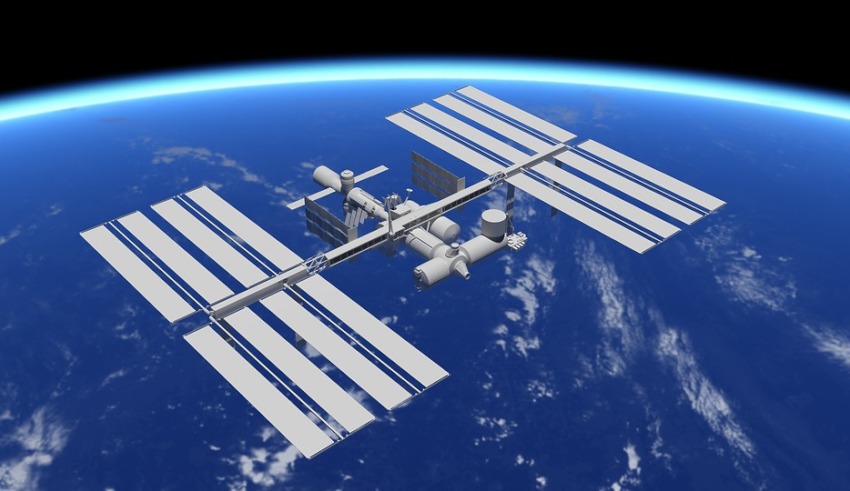An armed conflict beyond Earth is becoming more and more inevitable, a group of leading academics has warned.
To continue reading the rest of this article, please log in.
Create free account to get unlimited news articles and more!
Space and military law experts from University of Adelaide, UNSW Canberra, University of Exeter, and University of Nebraska College of Law have joined forces to understand how Earth-bound laws will be applied in times of armed conflict in outer space.
The group of academics will work together to draft The Woomera Manual on the International Law of Military Space Operations, named after the Woomera township in South Australia, which they envision will become the definitive document on military and security law as it applies to space.
"Conflict in outer space is not a case of 'if' but 'when'," Professor Melissa de Zwart, Dean of the Adelaide Law School, University of Adelaide, said.
"However, the legal regime that governs the use of force and actual armed conflict in outer space is currently very unclear, which is why the Woomera Manual is needed."
Professor de Zwart and her colleagues have cautioned that the current international treaties around outer space offer minimal regulation.
"The few international treaties that deal with outer space provide very little regulation of modern space activities, including both military and commercial uses of space. Therefore, we need to cast our gaze more widely in our approach to determining what laws are applicable in space," she said.
With space being a key enabler for communications, surveillance, early warning and navigation systems, Rob McLaughlin, Professor of Military and Security Law at UNSW Canberra, said space is a critical security and conflict domain.
"Such extensive use of space by military forces has produced a growing awareness that space-based assets are becoming particularly vulnerable to adverse actions by potential competitors," Professor McLaughlin said.
The focus on space in its relation to armed conflict has been under the spotlight for some time. Last year, the US Secretary of the Air Force, Heather Wilson, declared that the US must start to prepare for the possibility of armed conflict in outer space. Meanwhile, US President Donald Trump also has recently made a call for a dedicated US military space force.
"My new national strategy for space recognises that space is a war-fighting domain, just like the land, air and sea," President Trump said last month.
"We have the Air Force, we'll have the Space Force."
Michael Schmitt, Professor of Public International Law at Exeter Law School, University of Exeter, said ignoring the legal implications of the military use of space is no longer an option, calling for a unified discussion on international law around military space activities.
"The four universities who form the founding partnership of the Woomera Manual project are committed to developing an agreed understanding, and then subsequent articulation, of how international law more generally applies to regulate military space activities in a time of rising tension and even outright armed conflict," he said.
Jack Beard, Associate Professor of Law with the University of Nebraska College of Law, added that the Woomera Manual will follow the same protocols as previous industry manuals.
"The Woomera Manual will be drafted in the full tradition of other manuals that have been developed by legal and policy experts over the last 20 years, including the San Remo Manual on Naval Warfare, the Harvard Manual on Air and Missile Warfare, and the Tallinn Manuals (1.0 and 2.0) dealing with laws applicable to cyber operations and warfare," he said.
"Such manuals have proven to have a significant impact in their respective fields, and we envisage that the Woomera Manual will have the same impact for the military uses of space."

 Login
Login







